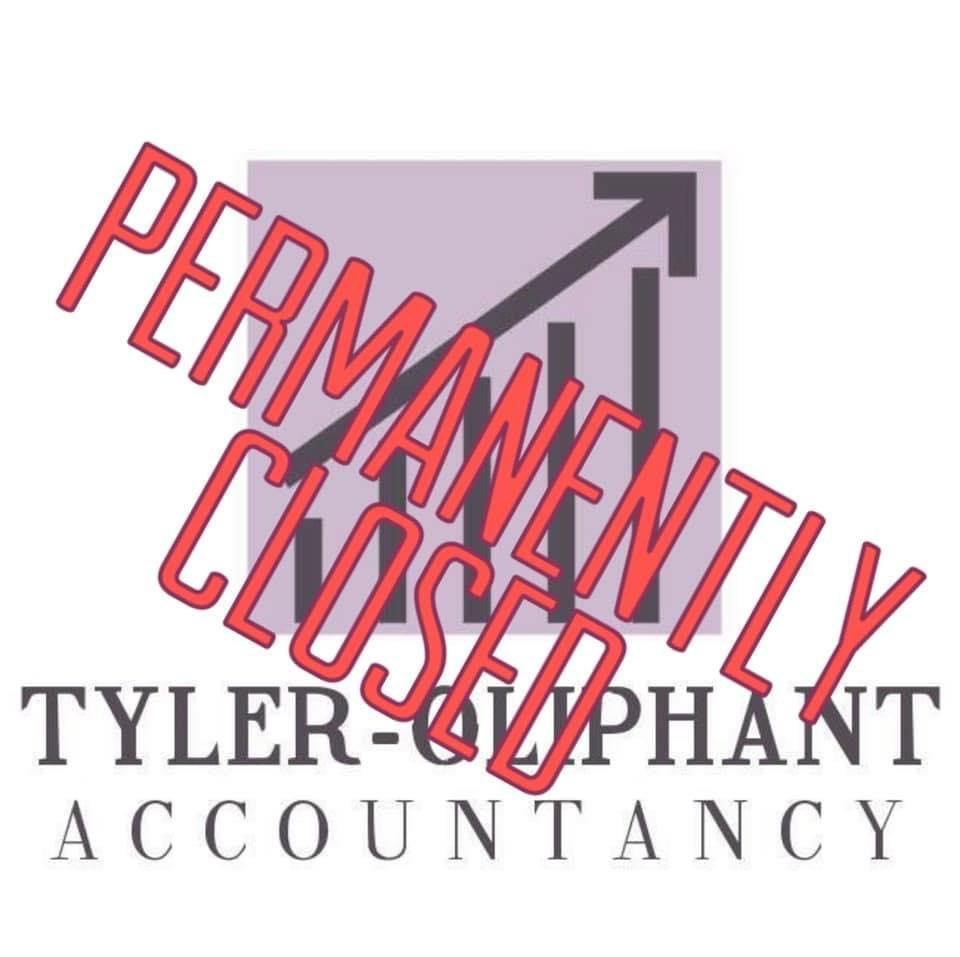One of the reasons you have to file a tax return is if you are trading.
The issue that can arise is that a hobby and a trade are a very difficult to separate, and each have different tax treatments.
HMRC have argued that at the point you are beginning to breakeven (your income is greater than the costs) this is the point you begin to trade. This benefits them as your profits can be assessed for tax.
HMRC have also argued that if you are loss making (your costs are greater than your income) this is a hobby. This benefits them as your losses cannot be offset anywhere if it is a hobby e.g. against future profits to reduce them.
However, it is not this clear cut at all and is actually a very grey area.
WILL HMRC KNOW IF I AM TRADING?
They have very sophisticated computers running through a lot of data readily supplied on the internet etc and these have uncovered a lot of eBay traders already, amongst others.
Your best option is to take some advise from a professional, as the head in the sand approach is not an excuse and large penalties can be charged.
SO HOW DO THEY DECIDE IF I AM TRADING?
They consider each case on its own merits.
They use the badges of trade to determine which side of the “hobby vs trade” scale the case falls.
This does not mean if you tick half and do not tick the other half it is undecided, as each badge can have a varying weight.
WHAT ARE THE BADGES OF TRADE?
The intention to make a profit.
Purely selling goods or services to make a profit indicates you are trading.
The number of transactions.
A single transaction can be trading. The more sales that have happened, the larger indication there is you are trading.
The nature of the asset.
If you do not wear jewellery, yet you have bought 100 of the same necklace, this would indicate it is probably stock and you are probably trading.
Existence of similar trading activities.
If you are a used car salesman and you begin to do an MOT here and there, the link between the two is close. As a result, this indicates MOT work is also trading income.
Changes to the asset.
If you are purchasing plain products and doing them up (e.g. personalising with names or creating a hamper) or making any amendments to increase the value, then this indicates a trade.
The way the sale was carried out.
If products are purchased from a wholesaler usually used for trade and then sold in a way that a trade usually would (through a shop front, auction, etc) then this indicates trading.
The source of finance.
If the product purchased needs to be resold to repay the original debt, then this indicates you have a trade set up.
Interval of time between purchase and sale.
Buying something and selling it quickly indicates you are trading, and have not instead purchased the item for your own personal use.
Method of acquisition.
If you purchase the goods from a wholesaler, this may indicate a trade. Whereas perhaps inheriting the goods or being gifted them may indicate a trade is not being carried out.
Please remember that each case will be different, not all of the badges may apply and not everything is black and white.
WHAT SHOULD I DO?
Contact me and we can have a chat.
